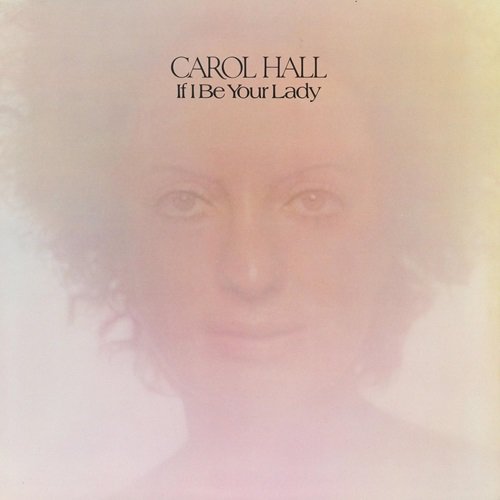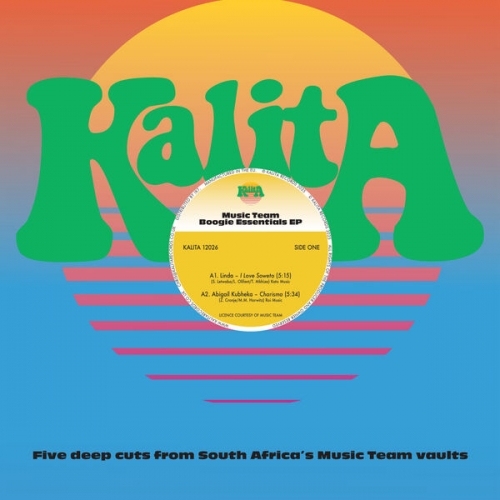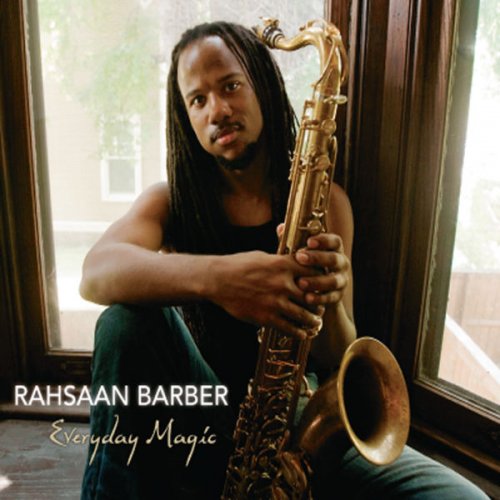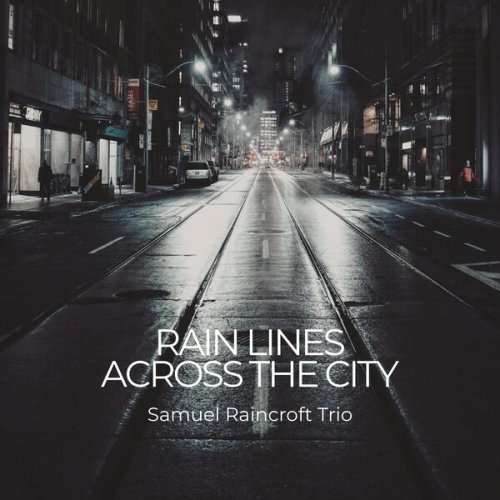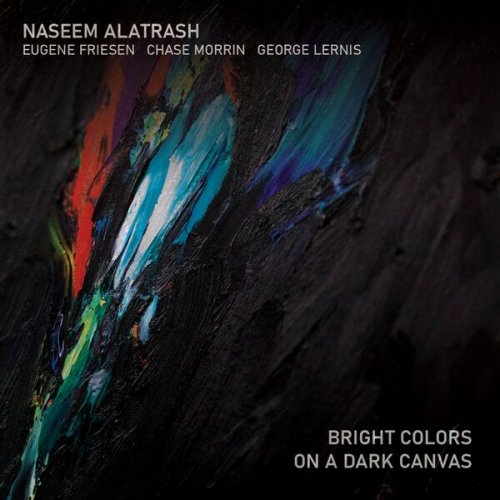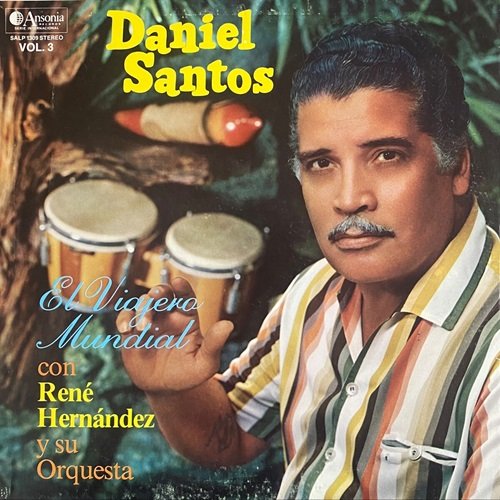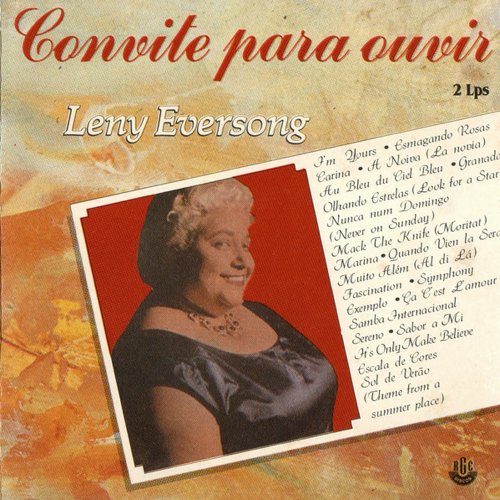Wood & Steel Trio feat. Michael Schiefel - Hollywood Songbook (2018) Hi-Res
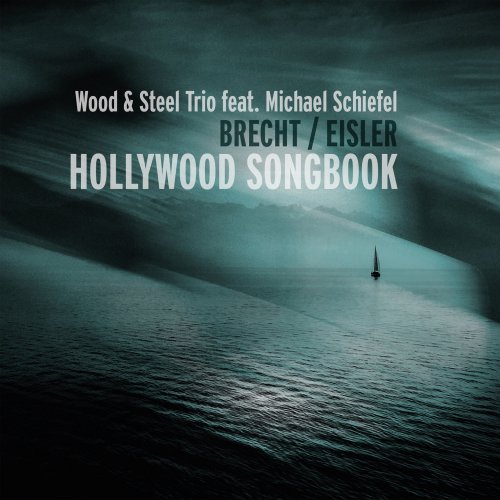
Artist: Wood & Steel Trio, Michael Schiefel
Title: Hollywood Songbook
Year Of Release: 2018
Label: Traumton Records
Genre: Jazz, Contemporary Jazz
Quality: FLAC (tracks) / FLAC (tracks) 24bit-44.1kHz
Total Time: 48:58
Total Size: 207 / 455 Mb
WebSite: Album Preview
Tracklist: Title: Hollywood Songbook
Year Of Release: 2018
Label: Traumton Records
Genre: Jazz, Contemporary Jazz
Quality: FLAC (tracks) / FLAC (tracks) 24bit-44.1kHz
Total Time: 48:58
Total Size: 207 / 455 Mb
WebSite: Album Preview
01. Der Kirschdieb (1:18)
02. Der Sohn II (1:54)
03. Frühling (3:13)
04. Ostersonntag (1:23)
05. In den Weiden (0:56)
06. Tableau I (0:53)
07. Auf der Flucht (1:18)
08. Zwei Lieder nach Worten von Pascal (4:39)
09. Udon Waltz (3:06)
10. Hotelzimmer 1942 (1:54)
11. Die Maske des Bösen (1:04)
12. Die Flucht (2:11)
13. Hollywood Elegie Nr. 7 (2:24)
14. Über den Selbstmord (3:47)
15. Adrenalin (1:26)
16. Der Schatzgräber (3:32)
17. Tableau II (0:24)
18. Speisekammer 1942 (1:20)
19. Nightmare (2:01)
20. Tableau III (0:27)
21. Jeden Morgen mein Brot zu verdienen (1:59)
22. Die Heimkehr (1:23)
23. Spruch (0:55)
24. Vom Sprengen des Gartens (2:42)
25. An den kleinen Radioapparat (2:49)
This pastime of the great German composer did indeed stay in the drawer for a long time even after Eisler’s return from the U.S.A. Despite their striking quality and intensity, to this day the songs are little known and seldom played. The Classical pianist Eric Schneider recorded an album of them with the singer Matthias Goerne in 1998 in an art song aesthetic. A while later Schneider and Michael Schiefel devoted themselves to the pieces, only for private pleasure however. Thereafter, the repertoire was in the back of Schiefel’s mind for a long time. “The challenge was that Eisler had devised the music delicate and complex like a tightrope act. You can’t play around or experiment with it, without damaging it,” the singer explains. Eventually the solution was finding a new instrumentation instead of changing the notation. “I suggested the idea to the Wood & Steel Trio and they were enthusiastic about taking on the piano part,” Schiefel remembers. Shortly afterwards they got the offer of the Jazzfest Berlin to present their version of the Hollywood Songbook live.
“Besides the powerful lyrics, the wide range of the musical language and the condensed substance of the individual songs fascinated us,” Marc Muellbauer describes the impressions that Eisler’s music had on the Wood & Steel Trio. With double bass, the steely, acoustic Dobro guitar, a metallically shimmering vibraphone or the warm timbre of the wooden marimba, the band creates completely new orchestrations of the songs, but practically didn’t change any notes from the original.
It is not known which style of playing Eisler had in mind for his Hollywood Songbook. Especially considering that he himself quite blithely juggled with styles and deliberately did not submit to the standards that tormented him during his commissioned work as film composer. “I imagined that this eclectic songbook was a way to an inner balance for Eisler,” Schiefel says. The idea of not setting a stylistic frame while composing certainly seems more up to date than ever to the variable singer.
Michael Schiefel sings Eisler’s song cycle in his individual, multifarious manner, with which he has been attracting attention outside of the jazz-scene as well in the last few years.
“Songs like ‘Der Kirschdieb’ [The Cherry Thief] and ‘Der Schatzgräber’ [The Treasure Seeker] are composed with functional harmony and fairly easy to grasp,” Schiefel outlines the repertoire. “‘Vom Sprengen des Gartens’ [On The Sprinkling of Gardens] could be from the 19th century, ‘Schatzgräber’, with poetry by Goethe, may be even older. ‘In den Weiden’ [In the Pastures], ‘Frühling’ [Spring] and ‘Der Sohn’ [The Son] however clearly reference the 20th century. Their strong tonal leaps are not really atonal, but sometimes move into unexpected directions and are very challenging to sing.” The same goes for “Nightmare”, which is full of contrasts whereas “An den kleinen Radioapparat” veils its melancholic disquiet in a deceptively beautiful melody.
When listening to Eisler’s exile music today or to the texts Bertolt Brecht wrote when he was fleeing and in the U.S., one can’t help but think of present-day refugee dramas. “Brecht’s language has haiku-like conciseness; there is not a word to much,” Marc Muellbauer states, “At the same time the poems are snapshots that, due to their intimacy, have something universal. They describe the small things and thereby let the horrors they arose from become relentlessly apparent. In the light of current refugee situations, these 70-year-old songs once again read completely and shockingly differently.”
Michael Schiefel and the Wood & Steel Trio do more than justice to the depth and complexity of Eisler’s Hollywood Songbook. They sensitively create highly nuanced and intense interpretations and respectfully transcend the spirit of the originals in individual new variations that last longer than the moment. Maybe someday in the distant future there won’t have to be any more fleeing, but even then these songs will still be deeply touching.
“Besides the powerful lyrics, the wide range of the musical language and the condensed substance of the individual songs fascinated us,” Marc Muellbauer describes the impressions that Eisler’s music had on the Wood & Steel Trio. With double bass, the steely, acoustic Dobro guitar, a metallically shimmering vibraphone or the warm timbre of the wooden marimba, the band creates completely new orchestrations of the songs, but practically didn’t change any notes from the original.
It is not known which style of playing Eisler had in mind for his Hollywood Songbook. Especially considering that he himself quite blithely juggled with styles and deliberately did not submit to the standards that tormented him during his commissioned work as film composer. “I imagined that this eclectic songbook was a way to an inner balance for Eisler,” Schiefel says. The idea of not setting a stylistic frame while composing certainly seems more up to date than ever to the variable singer.
Michael Schiefel sings Eisler’s song cycle in his individual, multifarious manner, with which he has been attracting attention outside of the jazz-scene as well in the last few years.
“Songs like ‘Der Kirschdieb’ [The Cherry Thief] and ‘Der Schatzgräber’ [The Treasure Seeker] are composed with functional harmony and fairly easy to grasp,” Schiefel outlines the repertoire. “‘Vom Sprengen des Gartens’ [On The Sprinkling of Gardens] could be from the 19th century, ‘Schatzgräber’, with poetry by Goethe, may be even older. ‘In den Weiden’ [In the Pastures], ‘Frühling’ [Spring] and ‘Der Sohn’ [The Son] however clearly reference the 20th century. Their strong tonal leaps are not really atonal, but sometimes move into unexpected directions and are very challenging to sing.” The same goes for “Nightmare”, which is full of contrasts whereas “An den kleinen Radioapparat” veils its melancholic disquiet in a deceptively beautiful melody.
When listening to Eisler’s exile music today or to the texts Bertolt Brecht wrote when he was fleeing and in the U.S., one can’t help but think of present-day refugee dramas. “Brecht’s language has haiku-like conciseness; there is not a word to much,” Marc Muellbauer states, “At the same time the poems are snapshots that, due to their intimacy, have something universal. They describe the small things and thereby let the horrors they arose from become relentlessly apparent. In the light of current refugee situations, these 70-year-old songs once again read completely and shockingly differently.”
Michael Schiefel and the Wood & Steel Trio do more than justice to the depth and complexity of Eisler’s Hollywood Songbook. They sensitively create highly nuanced and intense interpretations and respectfully transcend the spirit of the originals in individual new variations that last longer than the moment. Maybe someday in the distant future there won’t have to be any more fleeing, but even then these songs will still be deeply touching.

